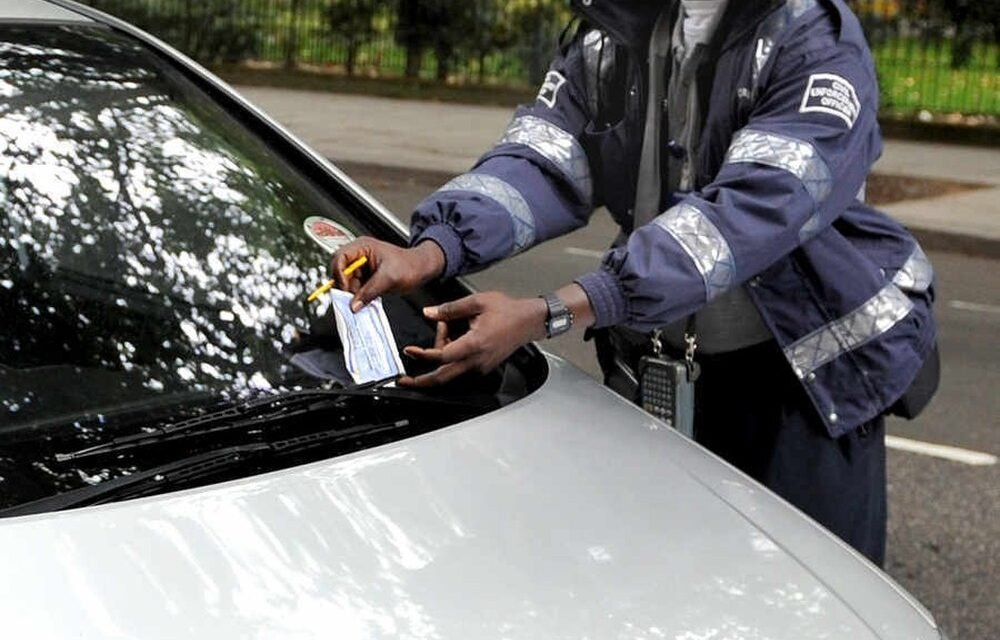
‘Hello, I’m in a rush,’ her lawyer began, as he often did, ‘but there’s some news I wanted you to have and it’s not good news I’m afraid: there’s a rumour the high court is going to rule that it’s legal to deport failed asylum-seekers back to Zimbabwe. It’s because of the election there. They’re reversing the ruling that was made in July 2005. Letters will be sent out to the relevant people. That means you. I’m sorry.’
With five minutes’ warning, Quentina might have had a few questions. With none, she had none. Her lawyer hung up. It didn’t sound as if there was anything much she could do about it, so rather than spend her day worrying about what was going to happen, she instead decided to spend it thinking about the date she was going on that evening with Mashinko Wilson from the church choir, he of the voice and the shoulders, the defined muscles… The Black Eyed Peas had a song which Quentina thought was hilarious: ‘My Humps’. There was a line in it about ‘my humps, my humps, my lovely lady lumps’. It made Quentina smile and it made her think of her date with Mashinko. He was going to take her to the African bar in Stockwell to listen to a band from South Africa called the Go-To Boys. Life was sweet. In her heart she didn’t think she would be returning to Zimbabwe until the tyrant was dead. Something told her that. In the mean time, my humps, my humps… my lovely lady lumps…
‘Kwama Lyons’ clocked in five minutes late at the office of Control Services and headed out for her shift. Quentina would be working until 8.30 p.m. today, a profitable time because many of the residents’ parking streets had only recently shifted over from 5.30 to 8.30 as the time for parking limits to end, and many, many visitors hadn’t yet realised the change. It was not especially fair, in Quentina’s view, but then, if there was one thing about life which was unequivocally clear to Quentina, clearer by the day, it was that she didn’t make the rules. If she did, she would make sure that life was fair. She would see to it. At the top of the to-do list if she was in charge of the world would be the item: Make Life Fair. But she wasn’t and it wasn’t.
The weather, very important to a warden on the beat, wouldn’t settle. One moment, the sky was clear, the sun was out, and Quentina was sweating inside her ridiculous uniform. Summer was around the corner! Not real summer of course, but its British imitation. Then the sun would go in, the wind would rise, and all would be dark and grim, wintry, another British imitation, not snow and ice and wolves and drama but just grey dark cold.
At about eleven, Quentina found a ten-year-old Land Rover, a diesel, in a loading bay outside an electronics shop around the corner from the high street. The back of the vehicle was open; Quentina could see a jumble of cardboard boxes. This was a place where many tickets could be issued for people parking, which wasn’t permitted, as opposed to loading, which was. From the licence plate Quentina could see that the car had been bought at a garage in Cirencester. That made sense because no Londoner would leave a car boot open and unattended for as long as this. She stood there for a minute and then a man in a green waxed jacket came out at speed. A younger woman, his daughter perhaps, came after.
‘Sorry sorry,’ said the man. ‘Got to drop some stuff off. Clearing out for my daughter. Two more loads. Hope that’s all right?’
Loading was taking place.
‘OK,’ said Quentina. ‘You have an honest face.’
The man was good enough to smile about that. He and his daughter picked up another couple of boxes. Quentina walked off, or tried to, because ten yards away a woman in a tracksuit blocked her. She had flushed indoor skin and crinkly, angry hair.
‘That’s right,’ she said, ‘that’s right. Let those snobs park anywhere they like. Ordinary people, you stick a ticket on them without looking twice, don’t care if they’re in the bay they belong in or not, stick a ticket on them, meet your quota, let them appeal if you’re wrong, you don’t care, yeah, just meet your quota, all it is, only got your job in the first place because of positive discrimination, ordinary working people pay the price, pay the fines, but get snobs in their big car and you let them do what they like.’
Quentina felt that she had some experience of the world, and of people other than at their best, but she had never known a subject on which people became irrational as quickly and completely as that of parking in this absurdly rich, absurdly comfortable country. When you gave people a ticket they were angry, always and inevitably. And the anger could spread, and become catching, as it had with this plainly mad woman, crazed with resentments. There were times when she wanted to say: Get down on your knees! Be grateful! A billion people living on a dollar a day, as many who can’t find clean drinking water, you live in a country where there is a promise to feed, clothe, shelter and doctor you, from the moment of your birth to the moment of your death, for free, where the state won’t come and beat or imprison you or conscript you, where the life expectancy is one of the longest in the world, where the government does not lie to you about Aids, where the music is not bad and the only bad thing is the climate, and you find it in yourself to complain about parking? Woe, woe! Down on your knees in gratitude that you can even notice this minor irritation! Praise God for the fact that you resent getting this ticket, instead of rending your clothes with grief because you lost another child to dysentery or malaria! Sing hosannas when you fill out the little green form in the envelope stuck to your windshield! For you, you of the deservedly punished five-minute overstay, you of the misinterpreted residents’ bay area, you of the ignored Loading Only sign, are of all people who have lived the most fortunate!
Instead Quentina said,
‘Loading is taking place.’ She held out her hand and as in a dumbshow, the countryman and his daughter came out of the electrician’s struggling with a visibly heavy object wrapped in cardboard, which from its shape and dimensions was probably a fridge. With great effort they dropped this on the backboard of the Land Rover and began pushing it in.
‘Why don’t you just fuck off back to nig-nog land, go eat your fucking bananas in a tree and die of Aids, you nigger bastard? Eh? What the fuck are you doing here anyway?’
‘Have a nice day, madam,’ said Quentina. She walked away, angry and sick but not surprised, and then did the thing experience had taught her to do: she turned, photographed the car and the loading bay (and as it happened the man and his daughter, who were now extracting another large package from the car, with difficulty, because it was partly wedged in by the fridge – they really weren’t very good at what they were doing). Then she took out her notebook and wrote down what the woman had said, and the time and place. Then she went about her business for the rest of the day, a day on which she had something to look forward to. So while there was no denying that the things which happened happened, there was always that other more important thing in the future. Mashinko… my humps…







